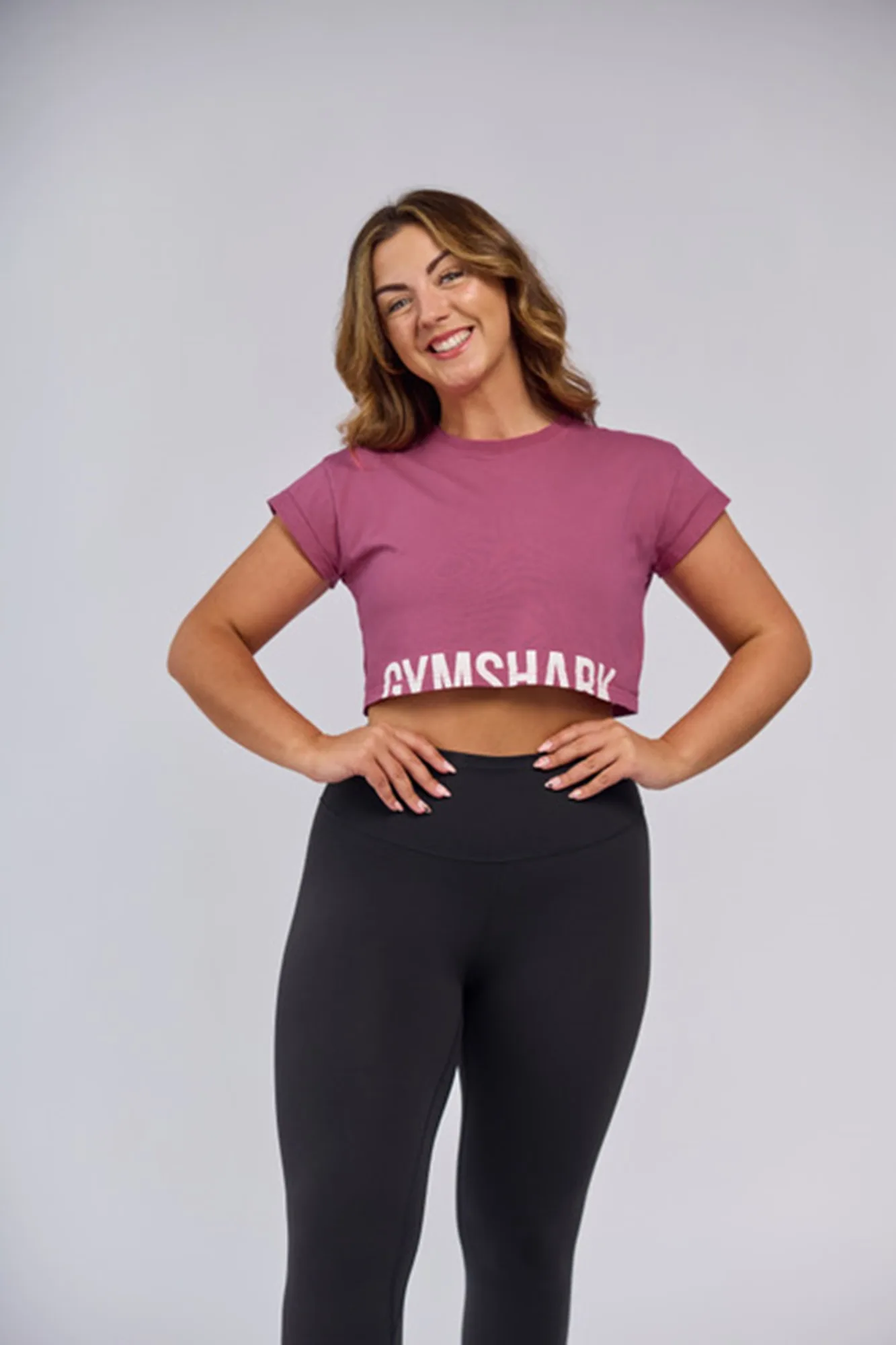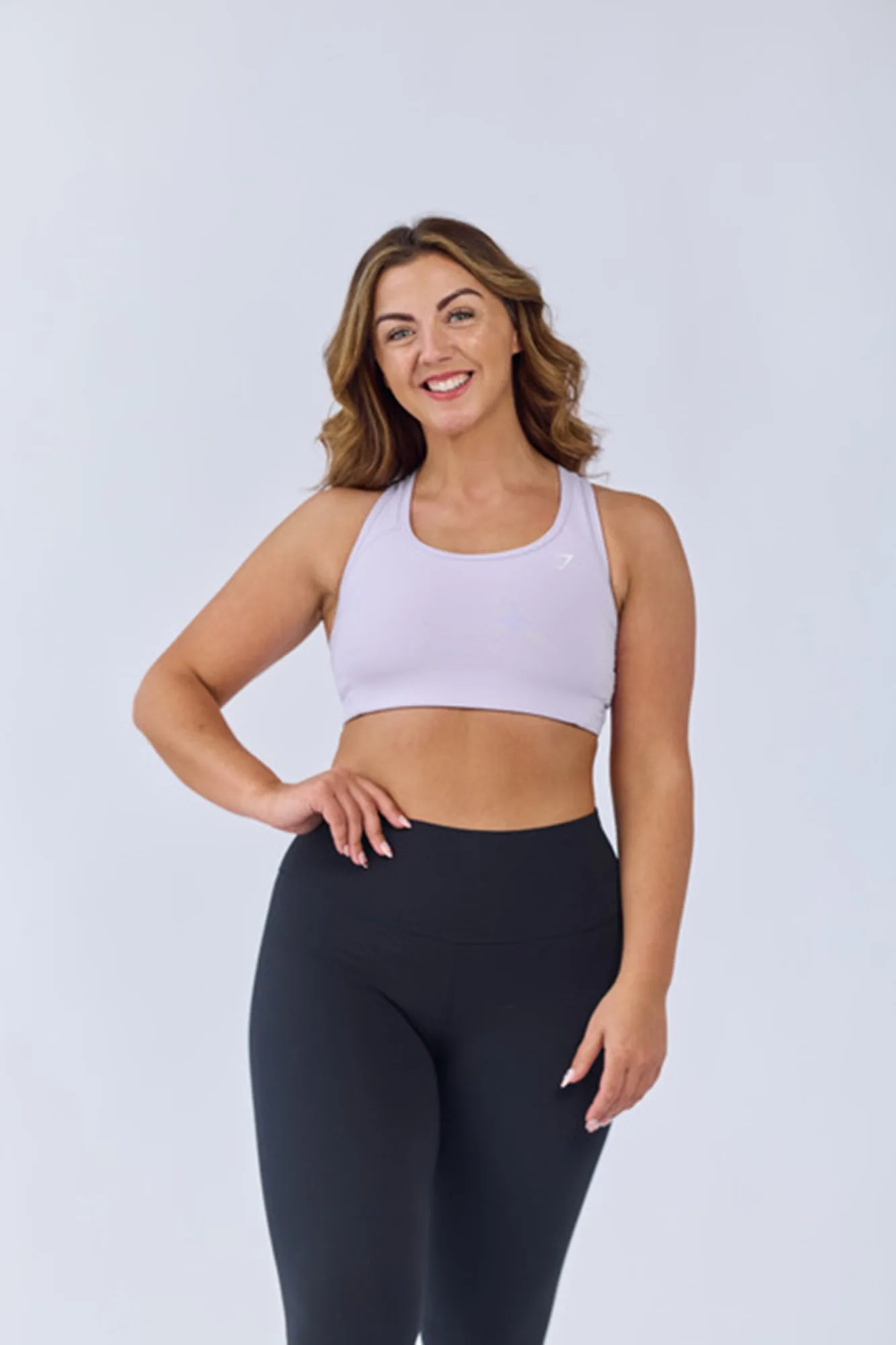We spoke to Robyn Drummond, from Fife, Scotland who is a personal trainer, certified nutritionist, and founder of “Thrive with Robyn,” to ask for advice on how she gained the right skills and confidence for her career-path and how studying at the OU helped her get career-ready.
Tell us about where you are in your career now?
In 2020, at the start of the pandemic, I accidentally founded my fitness business after 5 years of working in my local leisure centre, just as the world was shutting down, I created a free programme for those struggling with their physical and mental well-being during this time. It brought around challenges but also a unique opportunity, so I just went with it. In 4 years, I have now helped thousands of people change their lifestyles with both becoming more active but also understanding how to have a healthy diet. One of my specialisations is nutrition. I focus on helping people recover from years of fad diets, improving their relationships with food, and making nutrition education easy to understand. With 9 years of experience in the fitness industry, I am extremely passionate about helping people feel good about themselves and promoting a realistic, balanced, and healthy lifestyle.
 Because I recognise the misinformation around diets and nutrition, my vision is to continue to empower people to feel better within themselves, educate them on real nutrition, and find a realistic approach to exercise at an affordable cost. Going forward, I have a future vision to develop further education to young people & be engaging in our local communities with this knowledge supporting more people with exercise & nutrition.
Because I recognise the misinformation around diets and nutrition, my vision is to continue to empower people to feel better within themselves, educate them on real nutrition, and find a realistic approach to exercise at an affordable cost. Going forward, I have a future vision to develop further education to young people & be engaging in our local communities with this knowledge supporting more people with exercise & nutrition.
You started studying at the OU in your early twenties, what made you choose them over other places to study?
I left school with no formal qualifications but at the time, whilst I had a huge interest in health and fitness, I hadn’t really found my purpose and didn’t know what I truly wanted to do. I was then formally diagnosed with ADHD, at the time I didn’t know what I waned to do, I just knew I really struggle with the conventional paths to studying and higher education.
Discovering that I could gain my degree with the OU in a way that suited my lifestyle was hugely appealing to me. I also couldn’t afford to stop working as didn’t have any other means of financial support, so opting for this route meant I didn’t have to give up my job, could work, earn money and study in a way that worked best for me.
Can you tell us about your journey into your career after you graduated from the OU?
Interestingly, after graduating from the OU and despite not having any other formal school qualifications, this degree was the stepping stone into getting into my MSc in Physiotherapy which I was hugely shocked that I had even got in. Doing my MSc was hugely insightful, and I gained a lot of knowledge from this experience, but it wasn’t the right path for me despite the abundance of education that I did learn but if it wasn’t for my OU degree, I wouldn’t have been able to apply for such a course.
Apart from gaining your degree, how did studying at the OU help make you career-ready?
Studying with the OU taught me hugely how to become career ready and I gained so many translatable soft skills that I can apply now to my business. I directly studied a coaching degree which taught me about leadership which has been important whilst now running my own business and having a team of contractors but not only this, being a leader to my members on my programme.
Additionally, because you were in control of your studied, it was important to take control of time management and it was imperative that I prioritised time blocking ahead of time for when I was studying or around exam time which has now helped me run my own business as it’s still something I do daily now. Lastly, as this was online, I really worked on my communication skills but through writing, emails, writing essays at an extremely high level which really did in turn help me develop the skills I have now as I run an online health and fitness business and it’s a huge part of my day-to-day job.
What skills do you think employers are looking for in young people today?
I believe this is changing, and I hope that it continues to evolve as when I was younger, I feel there was more focus on technical skills and qualifications over soft skills. However, I do believe today’s employers are increasingly looking for a wide set of skills in young people beyond qualifications and believe this was how I ended up progressing to my MSc degree. 
Digital literacy, creativity, adaptability, critical thinking, and strong communication skills are now incredibly attractive soft skills that I employers will look for.
How important do you think soft skills are in the workplace?
Soft skills are hugely important in the workplace. Skills such as communication, teamwork, adaptability and problem-solving, I’d say are hugely important in the workplace, which I was able to gain through studying with the OU. While technical skills are of course essential for performing specific tasks, soft skills enable employees to work effectively with others, manage conflicts, and adapt to changing situations. I believe employers value these skills now more so than ever as it will continue to create a hugely positive working environment.
Finally, you left school at the age of 16 and have now won awards for ‘Young Business Woman of the year’, what advice would you give to young people who are feeling unsure about their career-path?
If you’re feeling unsure about your career path, remember that it’s okay not to have everything figured out right away. I left school at 16 without a clear plan, but over time, I discovered my passion and built a successful career. My advice would be:
Explore different opportunities – Don’t be afraid to try different jobs, or qualifications. Whilst physio in theory didn’t work out for me, it taught me what I loved and what wasn’t for me and that was okay. Every experience teaches you something valuable and helps you discover what you enjoy and excel at.
Follow your interests – Pay attention to what excites you and what you’re naturally drawn to, even if the path isn’t always straightforward. I feel that the path I have taken has never ever been straight forward, many things went wrong before they went right but because I was hugely interested in them and knew I was passionate about it, it kept me going along the way.
Develop your skills – (but in a way that works for you) whether it’s through formal education continually improving your skills will open up new opportunities but don’t forget to choose the right way for you. There is no right way except the best one that lets you excel and be your best self. Just because there’s societal rules don’t mean you should fit in to them.
Success doesn’t happen overnight, and there will be challenges along the way. Stay determined, learn from the setbacks, and keep moving forward. Your career is a journey, and it’s okay to take time to find the right path for you. Learning that success wasn’t a destination, but a continuous journey makes living more present easily and enjoying the process, despite the hard times.
The Open University (OU) is on hand to super charge you career with a new collection of free short courses on its OpenLearn platform, specifically aimed at helping young graduates enhance their CVs with essential soft skills that are desired by employers.
For more information about these free courses and to start learning, visit the OpenLearn website Career Ready Courses | OpenLearn – Open University
To find out more about the OU’s selection of undergraduate degrees that allow you to study flexibly around your life, visit www.open.ac.uk. The next deadline for application is 5th September for courses starting in October.

